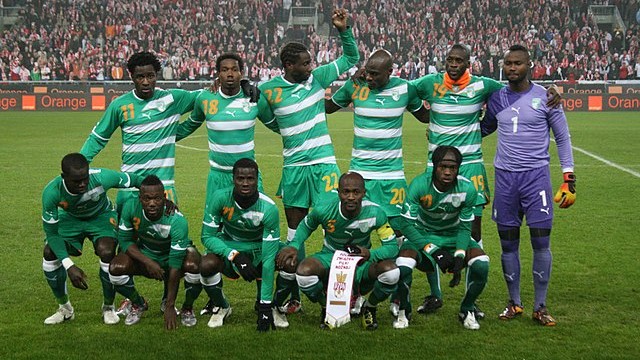In Abidjan, the streets hum with an undercurrent of anticipation. Market stalls selling cassava and grilled fish now make space for vendors hawking flags, jerseys, and face paint in the colors of national teams. Across the city, televisions in cafés and barber shops replay highlights from past tournaments, each goal a reminder of the triumphs and heartbreaks that have defined African football for decades.
The African Cup of Nations, the continent’s premier football competition, is days away, and Côte d’Ivoire is bracing for its arrival—not just as a host, but as a nation invested in the promise the game represents. For players, the tournament is a stage where careers can be launched and reputations cemented. For fans, it is a rare and unifying spectacle, a moment when political divides, economic hardship, and daily struggles fade into the background, replaced by the singular drama of ninety minutes on the pitch.
The country’s stadiums, some newly refurbished, are ready to welcome teams from across Africa, each carrying the hopes of their home nations. In Yamoussoukro, workers put the finishing touches on seating areas while groundskeepers manicure the grass to perfection. In coastal San-Pédro, hotels have begun to fill with visitors, their luggage tagged with the insignias of faraway clubs and national teams.
Football’s influence in Côte d’Ivoire extends far beyond sport. It has been both a balm and a rallying cry during turbulent times. Past victories—most famously the 1992 and 2015 championships—are remembered not only for the silverware they brought, but for the sense of unity they inspired. The Elephants, as the national team is known, have become symbols of national pride, embodying a resilience that resonates with citizens in both prosperous and uncertain times.
The tournament’s reach stretches into villages where televisions are scarce but radios carry the matches in a rapid-fire commentary. Children improvise games with plastic bottles as makeshift balls, mimicking the moves of their idols. For many, the African Cup is an early lesson in both the thrill of victory and the dignity of defeat.
While the sport’s commercial dimensions have grown—bringing in corporate sponsors, international scouts, and lucrative broadcasting deals—the core of its appeal remains simple. It is a game that belongs to everyone. The cheers that will echo through the boulevards of Abidjan and the dirt lanes of Korhogo are expressions of a shared identity, one that is renewed with each tournament cycle.
As the first whistle approaches, Côte d’Ivoire stands ready—not just to host a championship, but to reaffirm football’s role as a bridge between communities, a vessel of ambition, and a reminder that even in a continent of vast diversity, a common passion can still fill the air like a familiar song.
Sources:
- Confederation of African Football (CAF), Tournament Overview and Host Nation Preparations, 2024.
- Fédération Ivoirienne de Football, Historical Records of Côte d’Ivoire National Team.
- BBC Sport Africa, African Cup of Nations: Cultural and Economic Impact, 2023.

